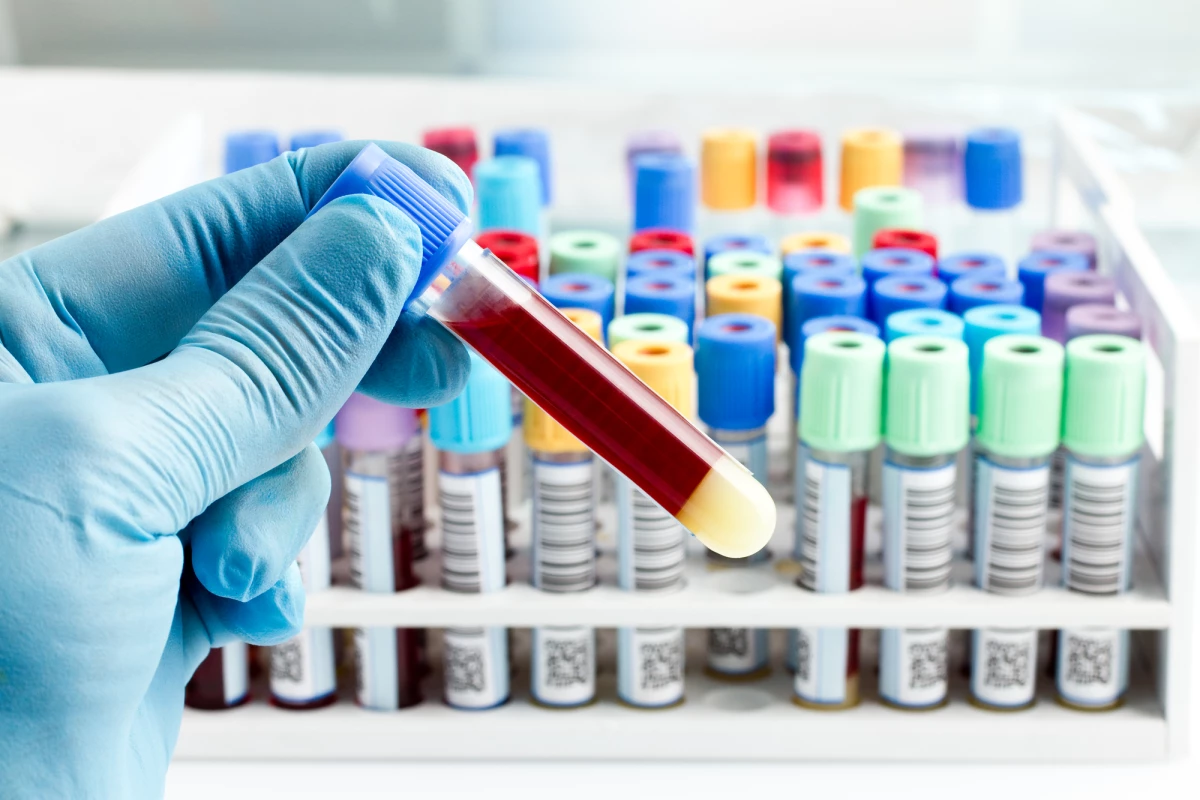Two new studies are offering promising progress in the development of novel diagnostic tests to detect and monitor prostate cancer. The research presents a urine test that can detect the disease in its early stages and a blood test that may catch the cancer as it begins to metastasize.
"Current practice assesses a patient's disease using a PSA [prostate specific antigen] blood test, prostate biopsy and MRI,” says Shea Connell, from the University of East Anglia, and lead author on the latest urine test for prostate cancer study. “But up to 60 per cent of men with a raised PSA level are negative for prostate cancer on biopsy.”
Last year a team of researchers revealed an experimental urine test expressly designed to not only detect the early stages of prostate cancer, but also offer a degree of specificity to the diagnosis. As prostate cancer is a very slow growing cancer, early detection doesn’t necessarily mean immediate treatment. Sometimes active surveillance is the best strategy, and the urine test promised to identify those with an aggressive form of the cancer.
The prior iteration of the urine test was called PUR (Prostate Urine Risk), while this newer advance has been dubbed ExoMeth. The new research used machine learning to analyze urine samples from 197 prostate cancer patients, looking to determine the specific biomarker patterns of the disease.
"We wanted to see if other biological information from urine could be integrated together with clinical information to create a new predictive test with even greater potential,” explains Connell.
The ExoMeth system incorporates several different biomarkers, including cell-free RNA and cellular methylation, to further enhance its accuracy. Daniel Brewer, senior author on the latest study, says if the test is validated in future trials it could significantly reduce the volume of invasive diagnostic biopsies.
"It's still very early days for this research, but if ExoMeth were validated in a future study with many more patients, we could see an approximate 60 per cent reduction in unnecessary biopsies in around five years,” says Brewer.
In another newly published study, led by scientists from University College London, a test has been developed that can identify circulating fragments of tumor DNA in a blood sample and determine whether the cancer is metastasizing or responding well to current treatments.
“Metastatic prostate cancer - the most dangerous late stage of the disease - can vary substantially in its treatment response and clinical progression,” says Anjui Wu, lead author on the new blood test study. "With tumor biopsies difficult to obtain, being able to identify prostate cancer DNA signatures at the earliest opportunity in blood, will help monitor patients better and assist more effective treatment selection and combination."
This test could be the first to tell us cancer has got into blood before the spread is large enough to see on imaging
The new study not only relies on identifying circulating tumor DNA in plasma samples, but enhances its diagnostic capacity by homing in on DNA methylation features to understand what level of metastatic activity is occurring. This means the test can hopefully monitor how well a given treatment is working and swiftly catch aggressive prostate cancers at the earliest stages of metastatic activity.
"This test could be the first to tell us cancer has got into blood before the spread is large enough to see on imaging,” says Mark Emberton, Dean of University College London’s Medical Sciences Faculty. “This could allow targeting of treatment for men at the highest risk of prostate cancer spread."
Both the blood and urine tests are still in developmental research stages. Further trialling is needed before they come close to clinical deployment, however, if validated in large cohorts, they could be incorporated into real-world environments within five to ten years.
The new blood test study was published in The Journal of Clinical Investigation.
The new urine test study was published in the journal The Prostate.
Source: University College London via Eurekalert/University of East Anglia via Eurekalert




